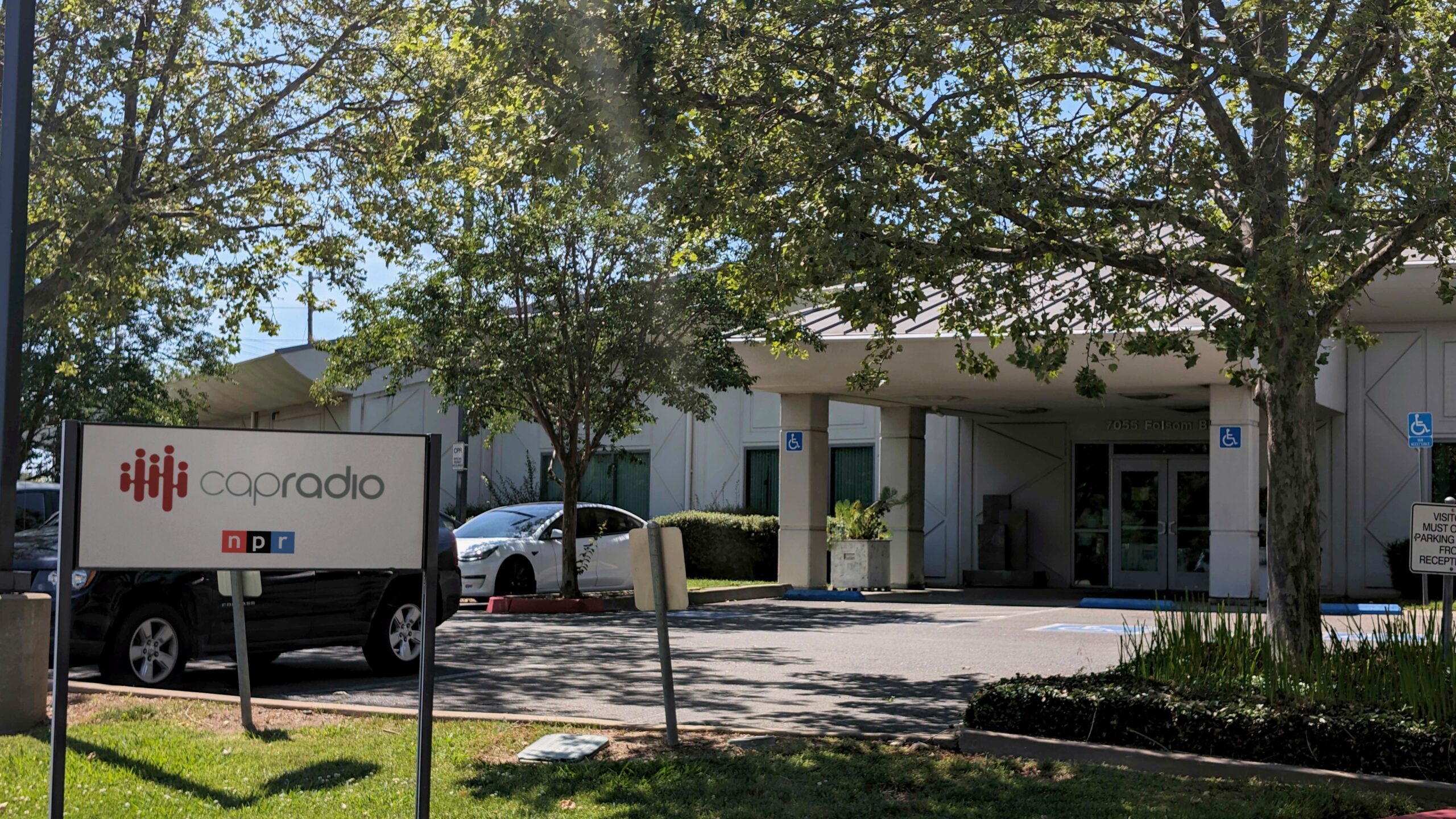Court backs NTIA in Fordham case
When the new administrator of the National Telecommunications and Information Administration drew a “bright line” against equipment grants to a station that broadcasts a weekly religious service, that was okay with the Constitution, a federal judge has ruled.
Larry Irving’s decision to make WFUV-FM ineligible for NTIA grants was “within the bounds of the law,” said Judge Charles R. Richey of the District Court for Washington, D.C., in a summary judgment June 29 [1994].
WFUV’s long struggle with NTIA took an unexpected turn last year when Irving, a new Clinton Administration appointee, reversed a previous NTIA ruling and told the Fordham University station that it was ineligible because of the Mass that it airs every Sunday morning. The rest of the Bronx station’s schedule is secular.
Fordham, which took NTIA to court last October, has not decided yet whether it will appeal Judge Richey’s ruling, according to WFUV’s Washington attorney Margot Polivy.
Richey left open the possibility that a station could get an NTIA grant if it pledged not to use the equipment for “sectarian purposes.” But that option would do little good for WFUV because it’s seeking funds to upgrade its transmission system.
Richey rejected Fordham’s claim that NTIA had violated its constitutional right of free expression. He noted that WFUV still broadcasts the Mass.
While communications law prohibits government from interfering in public broadcasting, the judge said, NTIA’s denial of funding “is not tantamount to ‘control’ or ‘interference.’ ”
“Simply put,” he also said, “the ineligibility determination does not constitute a penalty.”
Laws prohibiting government interference with programming are directed at FCC licensing decisions, not at NTIA grantmaking, which cannot “comparably diminish an applicant’s constitutional rights,” the judge said.
Richey deferred to the administration’s regulations and declined to hand down a broad ruling or to dictate preferable regulations. He said the rule against funding sectarian projects was “well within the boundaries” of NTIA’s discretion.
In supporting his decision on WFUV, Irving had cited a rule prohibiting “the use of the federally funded equipment for purposes the essential thrust of which are sectarian.”
Richey rejected Fordham’s argument that NTIA should evaluate eligibility on a more flexible, case-by-case basis. He said that practice actually would be more intrusive than drawing a simple line, as Irving did.
The judge cited several Supreme Court cases, including a 1973 decision in which the court said federal funding “may be thought to have a primary effect of advancing religion … when it funds a substantially religious activity in an otherwise substantially secular setting.”





